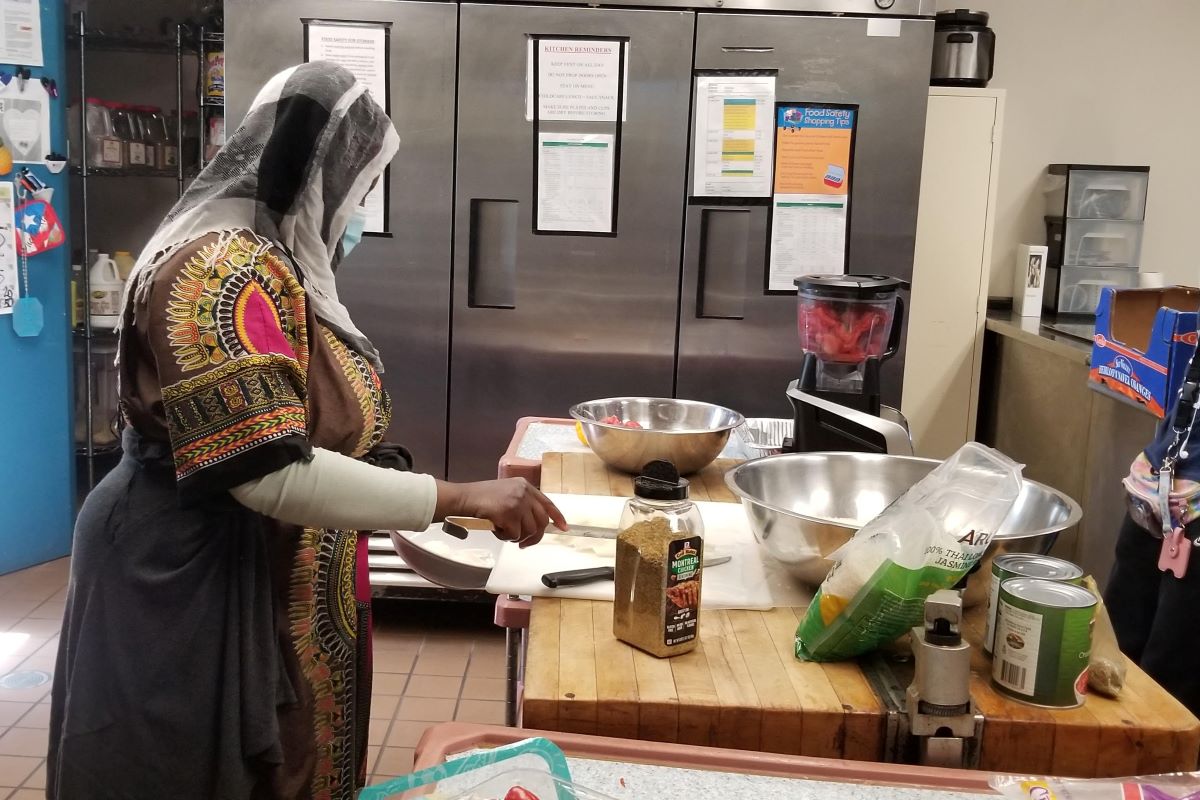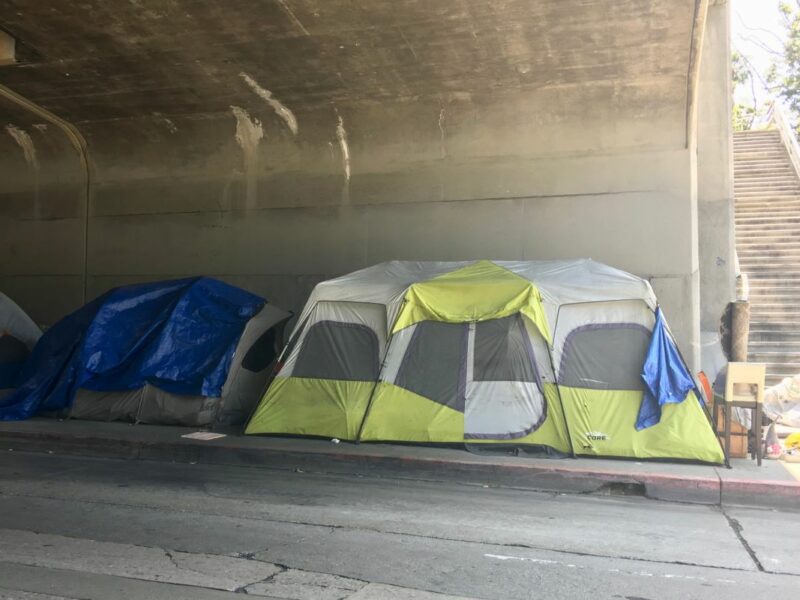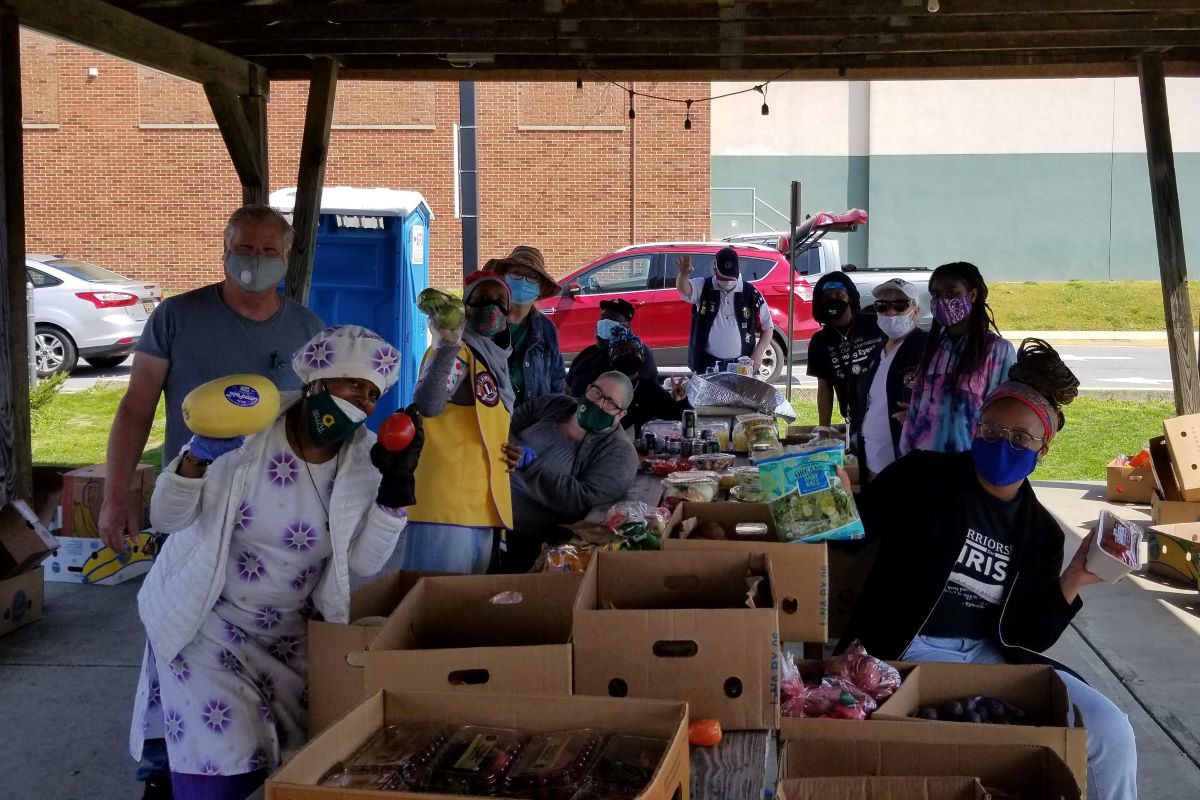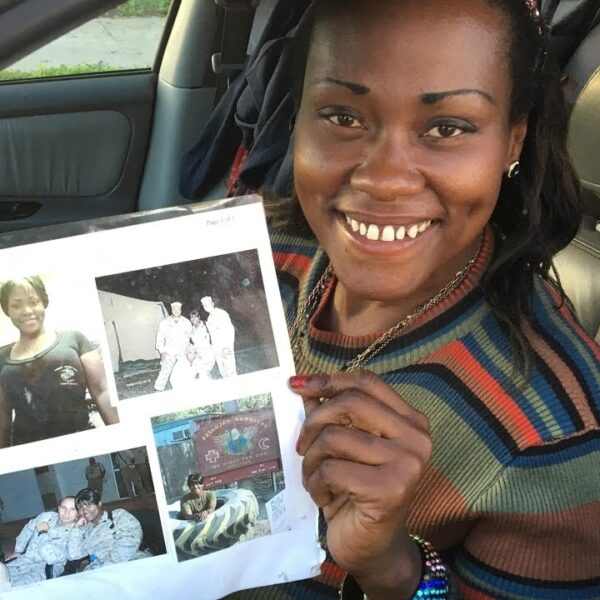“I firmly believe in showing faith through action.”
~Sister Hayat, Avid Member of Masjid Al’ Kauthar and President of the Bellefonte Lions Club
Each Saturday, adherents of the Islamic faith gather in solidarity with the common goal of reducing homelessness through food distribution to vulnerable communities. It all takes place in Wilmington, DE, a promising region that struggles with a significant problem – being a food desert.
Here in Wilmington, it’s not that there’s no affordable food available. It’s just that much of it is fast, unhealthy, void of nutritional value, and simply not the kind of sustenance that speaks to the soul.
What Does It Mean to be a Food Desert?
This term immediately paints a picture of a person stranded in a barren place where food is either sparse, difficult to acquire, or non-existent. In reality, the availability of fresh food is only one factor determining whether or not a region can be considered a food desert. Other factors such as poverty and access to resources like reliable transportation also play a role.
Statistically speaking, upwards of 65% of Wilmington residents live more than a half-mile from a grocery store. Many of Wilmington’s low-income earners don’t have the money or means to travel that far. It’s also important to note that rent-burdened individuals – those who spend more than 30% of their income on rent – are more likely to be limited in terms of which groceries they can afford to purchase. And while frozen dinners and processed, high-calorie snacks are less expensive and longer-lasting by design, fresh produce is what we require to maintain a healthy lifestyle. With limited access to nutrient-rich sustenance, entire communities are, indeed, stranded in a barren space where growth is stifled.
I spoke briefly with Community Engagement Specialist Hayat Hubert about the link between food insecurity, rent-burden, and homelessness, three things that often tragically go hand in hand. As she put it,
“People sometimes can be a paycheck away from being homeless, and if they have to spend that paycheck on food, it puts them in an impossible position.”
From Hadith to Heart, from Heart to Hand
A Hadith is a witnessed practice of the Prophet Muhammad (SAW). It has been carefully preserved, studied, and passed down so that Muslims everywhere have a real-life example of how to carry out their daily tasks.
When I asked Sister Hayat how her faith impacts her advocacy decisions, she paraphrased the Hadith stating that when you help someone, Allah helps you. With this Hadith already in her heart, it was easy for her hands to follow through with actions.
The same is true for the multitude of other Muslims far and wide who gather weekly to reduce homelessness through food distribution. As Hayat pointed out, volunteering is always a great way to call upon the Creator.
“When you’re distressed or in need, go help someone else,” she proclaimed, her smile nearly gleaming over the phone lines.
High Hopes are Held for Future Projects

The Bellefonte Lions Club features many Muslim members who hope to make a dent in homelessness. As of late, they carry out fresh food drives and deliveries. However, their goals for the future include providing more services, making resources more accessible, and hopefully creating more affordable housing options.
Under the current state of affairs, a worker earning minimum wage in Delaware would need to work 105 hours per week to afford a two-bedroom apartment. For wages to make pace with rental rates, the minimum wage in the first state would have to be raised to $21 per hour. Right now, that number falls astoundingly short, at just $8.25.
Statewide, the average worker in Delaware makes a little over $17 per hour, which is still a far cry from the fair market rate. On top of that, Delaware evicts its renters at a rate that doubles the national average.
For these reasons and many more, homelessness is exponentially increasing in the cities in our first state. Low wages, rampant rates of unemployment, and exorbitant rental prices are among the many causes of the silent boom in homelessness taking place all across the state.
Until wages catch up to the rental market prices, extreme poverty and rent burden will continue to cripple communities in urban areas like Wilmington. With faith as a driving force, many local Muslims are pushing back against root causes of homelessness and planting seeds of hope for the generations to come. Eid Mubarak, friends.
Are You Concerned About the Increase in Homelessness in the State of Delaware and Nationwide?
Talk to your representatives about creating lasting, affordable housing solutions and making housing a human right available for all.













